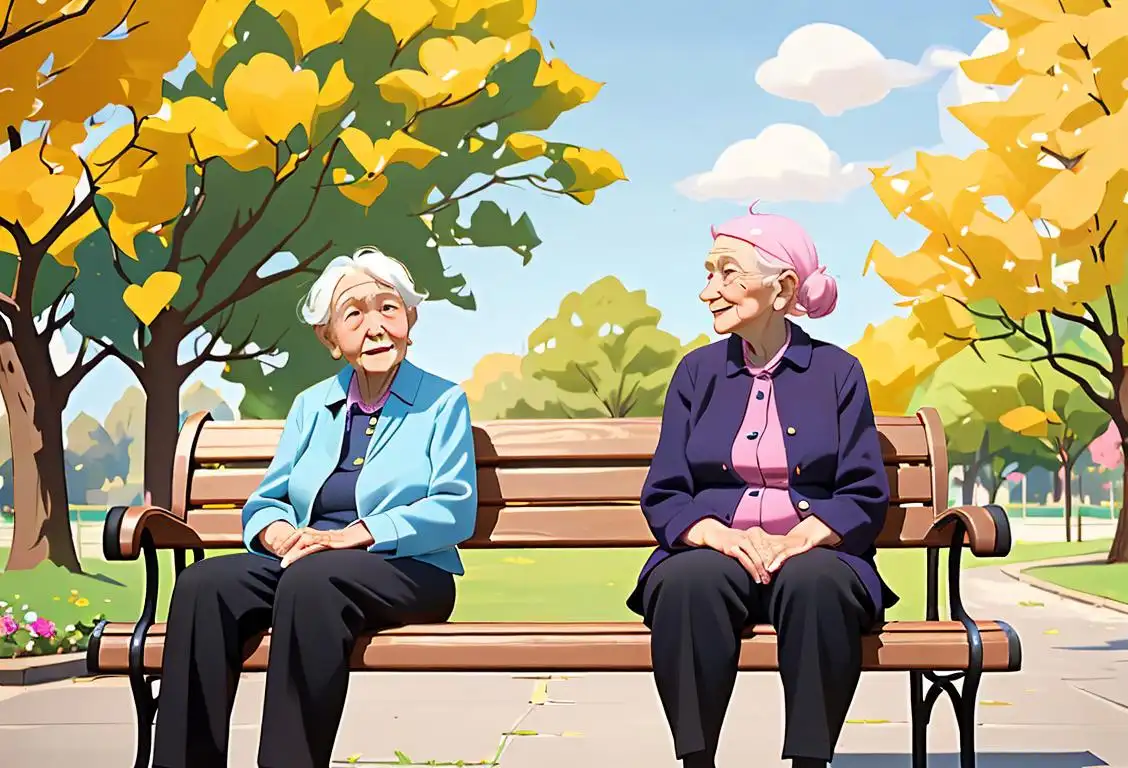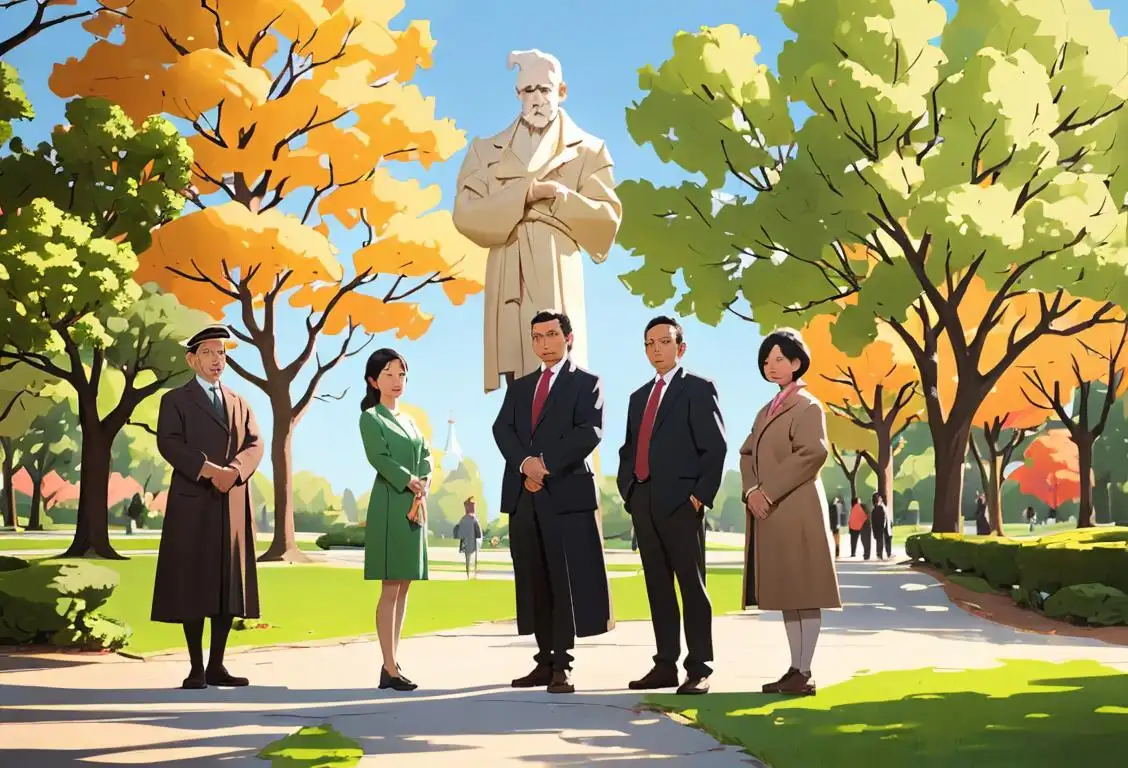National Cancer Day

Hey there, cancer fighters and cancer haters! Get ready to raise your fists and your awareness because it’s National Cancer Day! This day is all about banding together to fight this notorious disease and bringing hope, love, and support to those affected. So, let’s dive into the history, significance, and some fun tidbits about this important day.
When is Cancer Day?
It's national cancer day on the 4th February.
The Internet History of National Cancer Day
Get your virtual sleuthing skills ready because we’re about to uncover the internet history of National Cancer Day. This special day has undoubtedly left a trail of digital breadcrumbs on the world wide web.
It all started when a group of cancer survivors and advocates decided it was time to raise awareness on a grand scale. They wanted a day where people could come together, share their stories, and remind the world that cancer is a fierce enemy that won't be defeated without a fight.
As the concept of national days gained popularity on the internet, it didn't take long for National Cancer Day to make its debut on various social media platforms. People from all walks of life, including celebrities, influencers, and everyday heroes, started using the hashtag #NationalCancerDay to spread messages of hope and support.
Today, National Cancer Day lives on as a powerful force on the internet. From heartwarming stories of survival to informative resources on cancer prevention and treatment, the web is filled with a wealth of information that aims to make a difference.
History behind the term 'Cancer'
4000 BC
The oldest recorded case
The first known reference to cancer comes from ancient Egypt, around 4000 BC. The Edwin Smith Papyrus, an ancient medical text, describes a condition called 'the bulging mass in the breast,' which is believed to be breast cancer. The papyrus suggests cauterization as a possible treatment for the disease.
460 BC
The Greek connection
The Greek physician Hippocrates, often regarded as the father of medicine, coined the term 'karkinos' to describe tumors. The term derives from the Greek word for crab, as he believed that the swollen blood vessels around tumors resembled the shape of a crab. This is where the word 'cancer' originated.
1775 AD
Understanding cellular growth
In 1775, a Scottish surgeon named John Hunter became the first to propose the idea that cancer begins in individual cells rather than spreading from one part of the body to another. His observations of tumor growth laid the foundation for modern understanding of cancer as a disease of uncontrolled cell division.
1889 AD
Discovery of chemotherapy
In 1889, the German physician and scientist Paul Ehrlich made a groundbreaking discovery that laid the foundation for chemotherapy. He found that certain chemicals could selectively target and kill cancer cells, leading to the development of the first chemotherapeutic drug, arsphenamine, in the early 20th century.
1944 AD
The rise of cancer research organizations
In 1944, the American Cancer Society (ACS) was founded by a group of physicians and businessmen who aimed to promote cancer research and improve patient care. The ACS has since played a pivotal role in funding groundbreaking cancer research, raising awareness, and supporting patients and their families.
1971 AD
The National Cancer Act
In 1971, President Richard Nixon signed the National Cancer Act, officially declaring war on cancer and allocating significant federal funding for cancer research. This act led to the establishment of the National Cancer Institute (NCI), which remains one of the leading cancer research centers in the world.
Did you know?
Did you know that National Cancer Day is also a time for celebration? Many cancer survivors organize special events and fundraisers to commemorate their victories and raise funds for cancer research. It's a beautiful reminder that cancer can be beaten!Tagged
awareness loved ones supportFirst identified
7th June 2015Most mentioned on
4th February 2020Total mentions
799Other days
Eating Disorder Week And I To This Day
Ataxia Day
Bereavement Day
World Cancer Day
Suicide Prevention Day
Self Harm Awareness Day
Dementia Carers Day
Cancer Day
Bereaved Mothers Day
Victim Day






